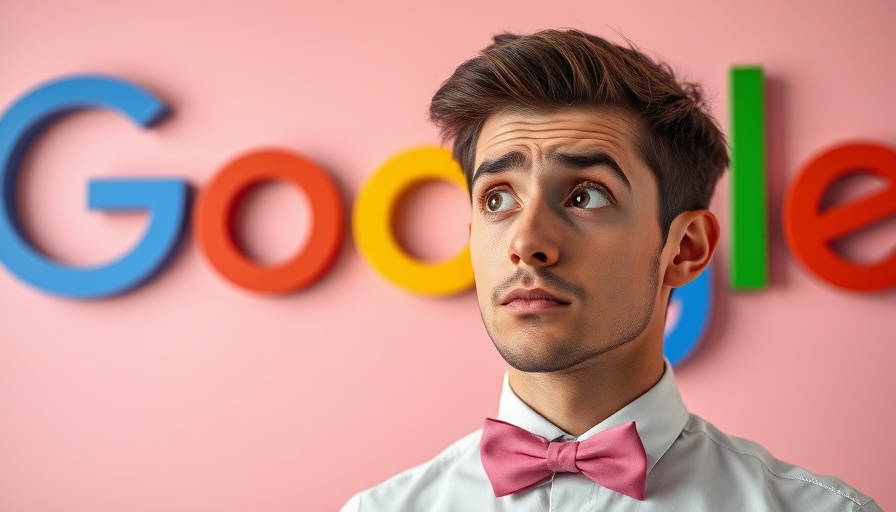
How B2B Marketing Embraces B2C Strategies
In today’s competitive landscape, B2B marketing is evolving rapidly. Recent research highlights a significant transformation as business-to-business strategies begin to mirror those of business-to-consumer tactics. This shift, primarily influenced by the rise of video marketing and influencer partnerships, is revolutionizing how brands connect with their audiences.
Understanding the New B2B Landscape
Today’s B2B marketers are adopting approaches previously deemed too informal for business settings. According to LinkedIn’s latest Marketing Benchmark Report, a staggering 94% of marketers assert that trust is the cornerstone of B2B success. This highlights the critical need for brands to move away from traditional lead generation methods and embrace emotionally engaging content. Short-form videos and authentic influencer collaborations are at the forefront of this change, making brands more relatable to their audiences.
The Role of Video in B2B Marketing
Video has gone from being an option to becoming foundational in B2B marketing strategies. The report notes that 78% of marketers are integrating video into their campaigns, with over half planning to increase their video marketing budgets next year. This is not just due to video’s popularity; it’s also about results. Marketers who employ a video strategy report being 2.2 times more likely to have trustworthy brands and 1.8 times more likely to be well-known in the market.
Incorporating Influencer Marketing
Interestingly, the rise of influencer marketing is noticeable in the B2B sphere. Fifty-five percent of marketers are tapping into influencer partnerships, citing reasons such as trust and credibility. Influencers in this domain are often subject matter experts, adding a layer of authenticity that resonates well with business audiences. Furthermore, 84% of marketers expect budget increases next year for their influencer strategies, indicating a robust confidence in this approach.
Feeling the Pulse of the Market
With the convergence of B2B and B2C marketing tactics, brands are now more equipped than ever to address the complex buying processes they encounter. As noted by marketing expert Lee Moskowitz, understanding that today’s buyers operate in a landscape filled with AI-generated content and lengthy sales cycles is paramount. Brands must cultivate trust and showcase their expertise effectively within these frameworks.
Challenges and Opportunities in Video Marketing
Transitioning to a video-centric marketing strategy brings both challenges and opportunities. Marketers need to formulate multi-channel strategies that address different stages of the customer journey while effectively incorporating video content. Formats like brand storytelling and customer testimonials not only humanize the brand but also facilitate deeper connections with potential clients.
Future Predictions for B2B Marketing
As the boundaries between B2B and B2C continue to dissolve, companies that adapt these new strategies are positioning themselves for success. Future trends indicate that businesses will increasingly leverage video content and well-thought-out influencer partnerships to enhance their brand visibility and trustworthiness. These tactics will likely become staples within the B2B marketing landscape as the demand for authenticity rises.
Conclusion: The Call for Adaptation
As B2B marketing strategies evolve, brands must remain agile and adapt to this changing environment. The assimilation of B2C tactics into B2B marketing does not only breathe new life into old strategies but also empowers brands to forge stronger connections with their target audiences. Companies should consider embracing these changes to boost engagement and drive growth.
 Add Row
Add Row  Add
Add 




Write A Comment